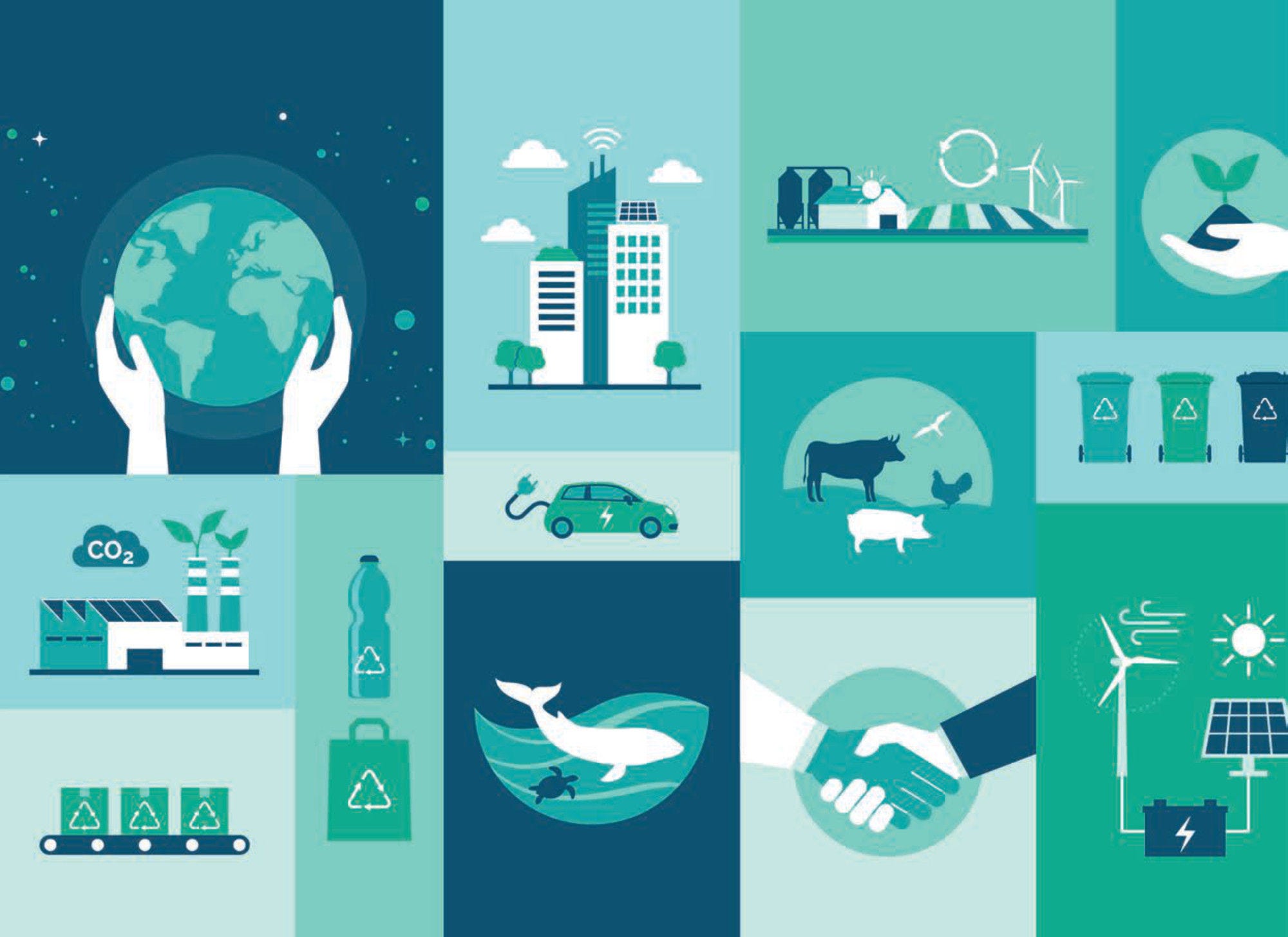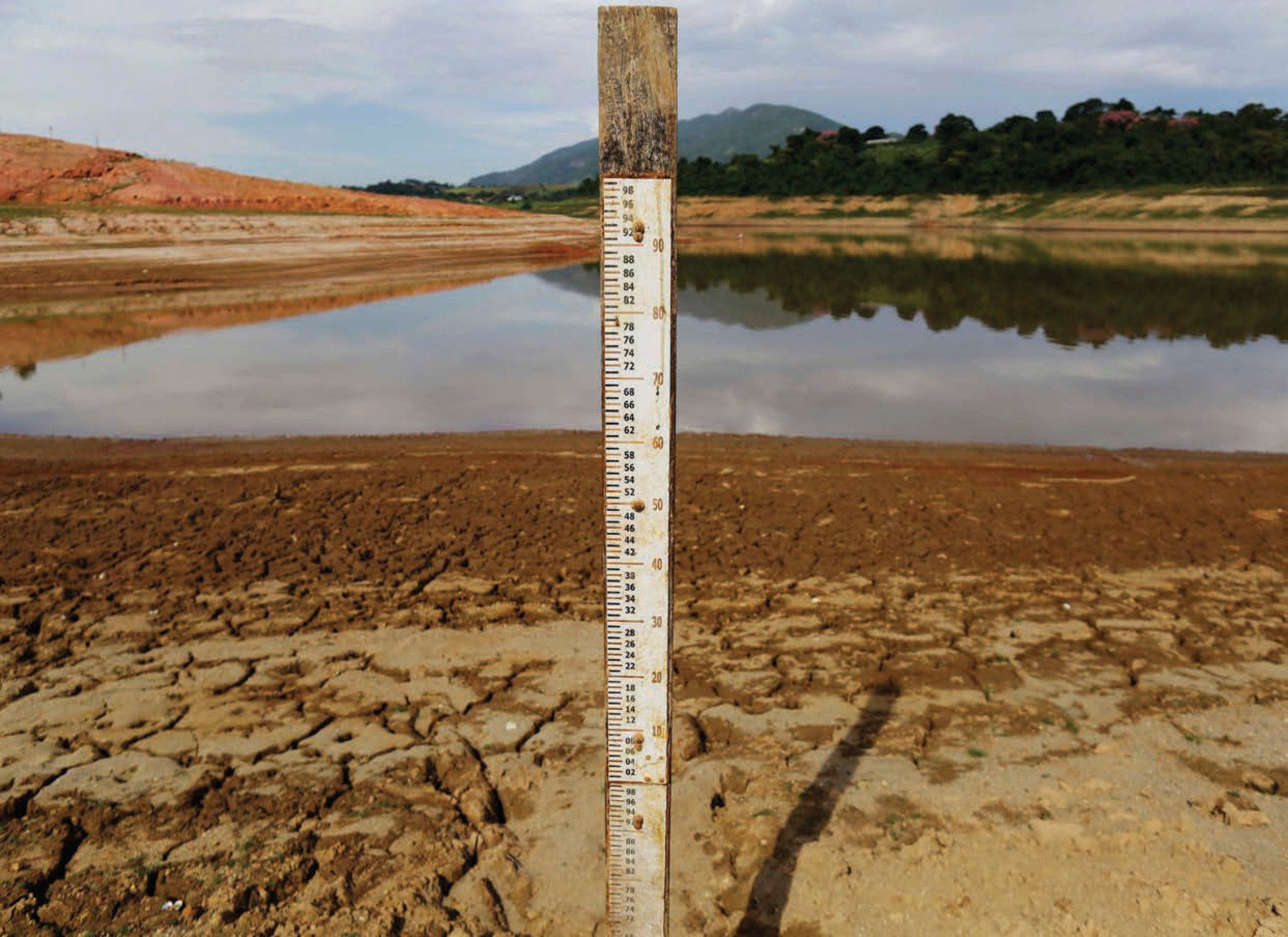The OECD collects official data and statistics from countries on the state of the environment and natural resources, compiled using internationally harmonised methodologies and definitions. We also work with countries on accounting standards and indicator methodologies to track progress towards environmental goals and sustainable development. An increasingly important body of OECD work focuses on measuring environmental policy through structured and harmonized data. The OECD is a unique place that builds bridges between producers and users of environmental information, and promotes the provision of free and open access to data.
Environmental statistics, accounts and indicators
The OECD collects official data and statistics from countries on the state of the environment and natural resources, compiled using internationally harmonised methodologies and definitions. We also work with countries on accounting standards and indicator methodologies to track progress towards environmental goals and sustainable development.

About
Environmental statistics, accounts and indicators
Environment at a Glance
The Environment at a Glance platform provides interactive access to the latest comparable OECD-country data on the environment from the OECD Core Set of Environmental Indicators – a tool to evaluate environmental performance in countries and to track the course towards sustainable development. It allows users to play with the data and graphics, download them, and consult and download thematic web-books. These indicators provide key messages on major environmental trends in areas such as climate change, biodiversity, water resources, air quality, circular economy and ocean resources.
Learn how to play with the data
Watch the video to find out how you can use our statistical database.
Policy Instruments for the Environment (PINE) database
The OECD PINE database is a unique database gathering detailed information on policy instruments relevant for environmental protection and natural resource management. The database is designed for statistical analysis, providing comprehensive information for each policy instrument through a vast array of quantitative and qualitative variables. The database allows for essential descriptive information to be linked through unique identifiers, making it a valuable resource for research and policy making.
Environmental Accounting (SEEA)
The System of Environmental-Economic Accounting (SEEA) is an accounting framework to compile statistics linking the environment to the economy. SEEA applies the definitions, guidelines, and practical approaches of the System of National Accounts to natural resources, ecosystem services and environmental degradation. By analysing statistics on the economy and the environment at the same time it is possible to study the environmental sustainability for production and consumption.








